I am involved in a widows and orphans group in Ohero, off the Nairobi—Kisumu rd. One day the group got together to bead bracelets and while we beaded we storied. “Tell Anna about the olden days around here,” says my friend to Alonso, the Mzee (old man). Mzee leaned forward and stared into his bowl of beads for concentration, for composure and after a pause to rewind the years he slowly began to speak.
“Oh yes, I’ll tell her. I was born in 1939. I remember how the community members used to be together. They could sit and discuss in a forum, they talked about their welfare, or plowing; they discussed everything so at the time of harvest, no one would have to beg and everyone would have harvested. Those who had animals could herd, others would go for wrestling as recreation—the best wrestler would be chosen—then they would invite another clan to compete.
I was ten, and I saw how everyone was together. I saw how they armed themselves in defense of other clans like the kipsigis. Those clans were coming to raid. In meetings they planned how to defend from external attacks and cattle raids. They were using arrows and spears. But we Luos were not planning attacks, just defending. … It prompted the Luos to remove the lower six teeth—for identification—in a war we’ll see if you are one of us, or one of them. Also it was nice for passing medicine to someone whose mouth refused to open. The space was helpful, but now we don’t do that anymore.” I told him to open up and let me see. He smiled to reveal his toothless lower gums.
“I’m seeing differences in how we were together then, and how we are together in present. A long time ago they were loyal and faithful to each other—they were serious—the difference between the older generation and now, they’re just not serious. Now people back on their agreements and want to do things on their own. But you see here this group of ours, it isn’t so new in theory of course. Our purpose is just a little bit different from those days. Now we believe that the Government is defending everyone, so now our group has a different role. We come to share new ideas and to agree. Being in a group makes people know each other. I went to such and such a place and saw that, can we try it? Will this work? You share a lot, you find out if people are sick. When I heard he was sick, they called me, we collected money and sent him to the hospital and now look at him, he’s recovered! We see that this friend of ours is needing new thatching on her roof, you see how it leaks when the rain gets in? We arrange and build her a new roof. That’s why we have groups now. “
Now we turn to Mary, his wife, her hands deftly stringing beads as she muses over the past like sucking on a cherry pit---The tart and sour taste of those memories are gone, but something solid is left. She begins mildly, her age roughly 14 years less than her husband’s, but still a grandmotherly type—a “Danni”. “There was a method of marriage back then—eloping. When I was 13, I came to visit one of my relatives here. We went to the market to buy some vegetables. The men were sitting, and then all of a sudden they forced me to go home with them. If you refused, they cane you or carry you there. Those men were friends of my husband’s. They were sent to bring me home to Alonso because he had seen me in the market. Then they guarded the door so I wouldn’t run away. They were ready to fight my brothers who would come. Once you go into that house and become a woman, a wife, you can’t go home, so I stayed. Then the dowry was all arranged—that’s how we did it back then.” The happy old couple look at each other and that is that.

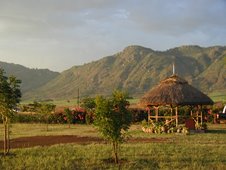
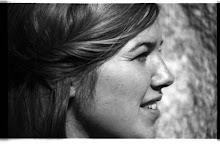
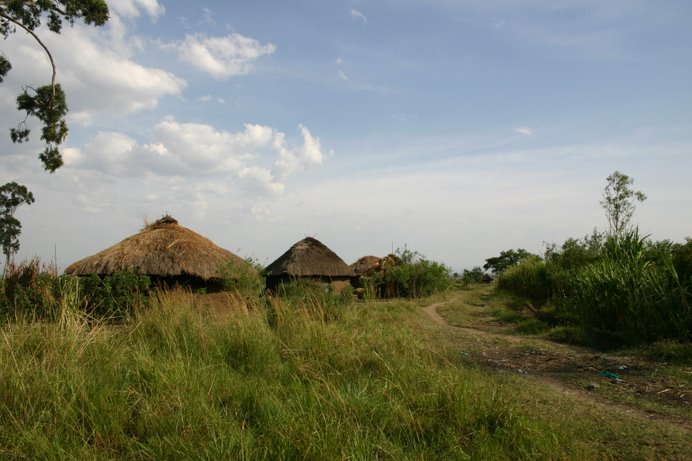
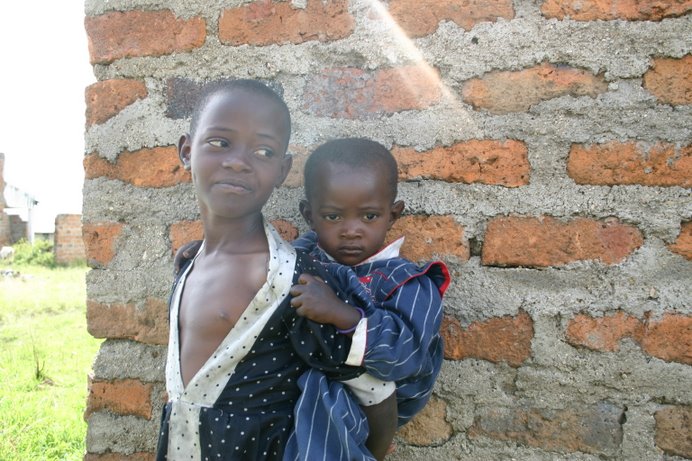
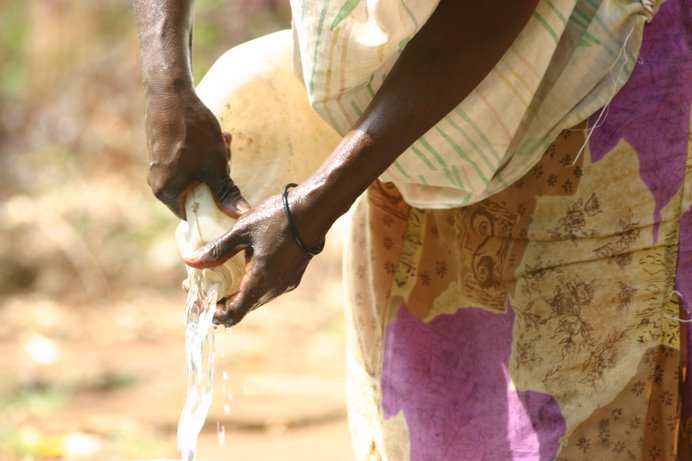
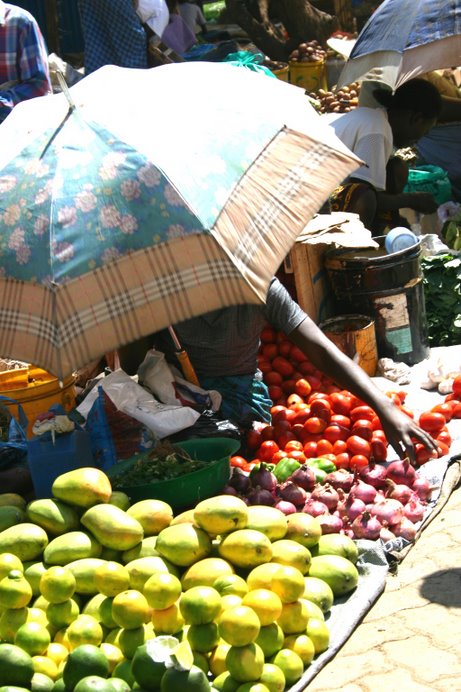
No comments:
Post a Comment